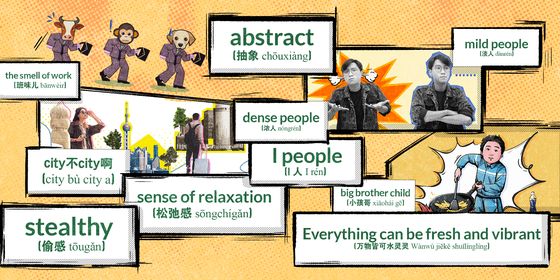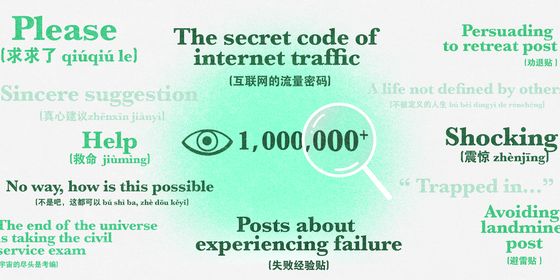Singles’ Day and the canines that accompany it
November 11, or 11-11, chosen for its four lonely numbers, is China’s bittersweet “Single’s Day” (光棍儿节). Since it has become a national festival of commercialism, you can enjoy big discounts at almost every mall and online sales platform in a spree of careless spending. However, when you are indulging in this carnival of shopping, you may find a familiar melody floating in the air: “Single dog, single dog, single all the way…” Seasonable as the tune might be, the “single dog” (单身狗 dānshēngǒu) version of “Jingle Bells” is not a happy ditty.
No one’s saying that the Chinese don’t love their cute little pooches, but, as one might expect, calling someone a “dog” is not exactly a compliment. But, in certain contexts, its derogatory implications disappear into something bordering on self-satire. Single people are often called “leftover” men or women, and while they catch a lot of flak from parents and society at large, it has at least given us a handy little buzzword.
Single people enjoy labeling themselves with “dog” in a self-mocking tone. No one can quite explain why, in the bestiary that is Chinese insults, the dog is so special. Perhaps it’s those soulful, lonely eyes that inspire sympathy in the hardhearted. For those who think the dog imagery is a bit too rude, one can always put it in a cuter fashion: “single woof” (单身汪 dānshēnwāng).
Perhaps when you’re out on Valentine’s Day, hearing a couple cooing and whispering sweet nothings, you might want to say, “Have you ever considered a single woof’s feelings? (你们考虑过单身汪的感受吗?Nǐmen kǎolǜ guǒ dānshēnwāng de gǎnshòu ma?)”
Of course, we’re in an online world now, so that might translate to WeChat as: “Single dogs are dogs too, you can’t abuse animals (单身狗也是狗,你们不能虐待动物。 Dānshēngǒu yě shì gǒu, nǐmen bùnéng nüedài dòngwù.)”
The popularity of dog terms is not limited to the field of relationships. In fact, it has been co-opted by all manner of canines: exhausted journalists are “media dogs” (媒体狗 méitǐgǒu), nerve-wracked stock brokers are “financial dogs” (金融狗 jīnrónggǒu), and even young and energetic students claim to be “student dogs” (学生狗 xuéshēnggǒu).
Dog slang can also depict physical or emotional distress. Let’s say it’s your anniversary and you’re planning to propose to your girlfriend. After a whole week of prepping, you’re a “tired dog” (累成狗 lèi chéng gǒu). Then, on the big day, you wait at the scene and become a “sleepy dog” (困成狗 kùn chéng gǒu). Finally, your goddess shows up at midnight only to turn you down, making you a “crying dog” (哭成狗 kū chéng gǒu).
Dry your eyes and start again. There are other single dogs in the kennel.
“All The Single Doggies” is a story from our newest issue, “Mental Health”, which will be released soon. To read the whole piece, become a subscriber and receive the full magazine. Alternatively, you can purchase the digital version from the iTunes Store.












